Students see events of World War II, as waged on the home front
On the 75th anniversary of the bombing of Pearl Harbor, Mount Mary history students are viewing the event as a thread running through a complex tapestry of world events.
Students in Sister Linda Marie Bos' class, "U.S. Domestic Side of World War II," are seeing how, pivotal a moment this was. The theme of Pearl Harbor was "woven into everything," said Bos.
Posters depicting a burning Pearl Harbor rallied the public, she said, as did imagery of tattered flags accompanied by a quote from Abraham Lincoln: "We here highly resolve that these dead shall not die in vain."
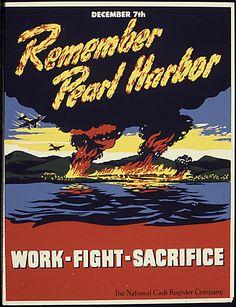
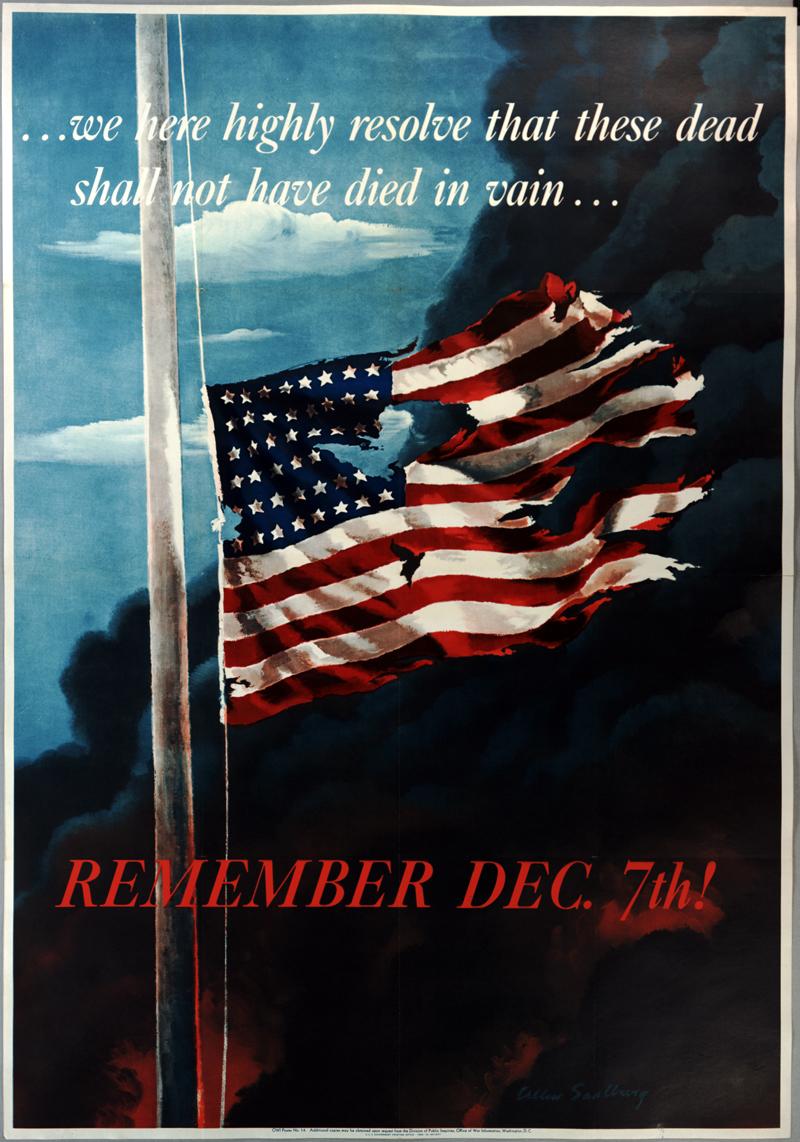
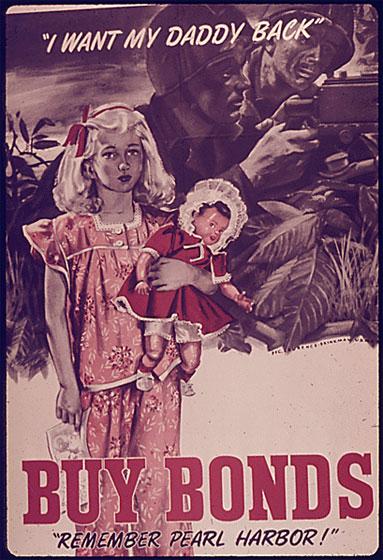
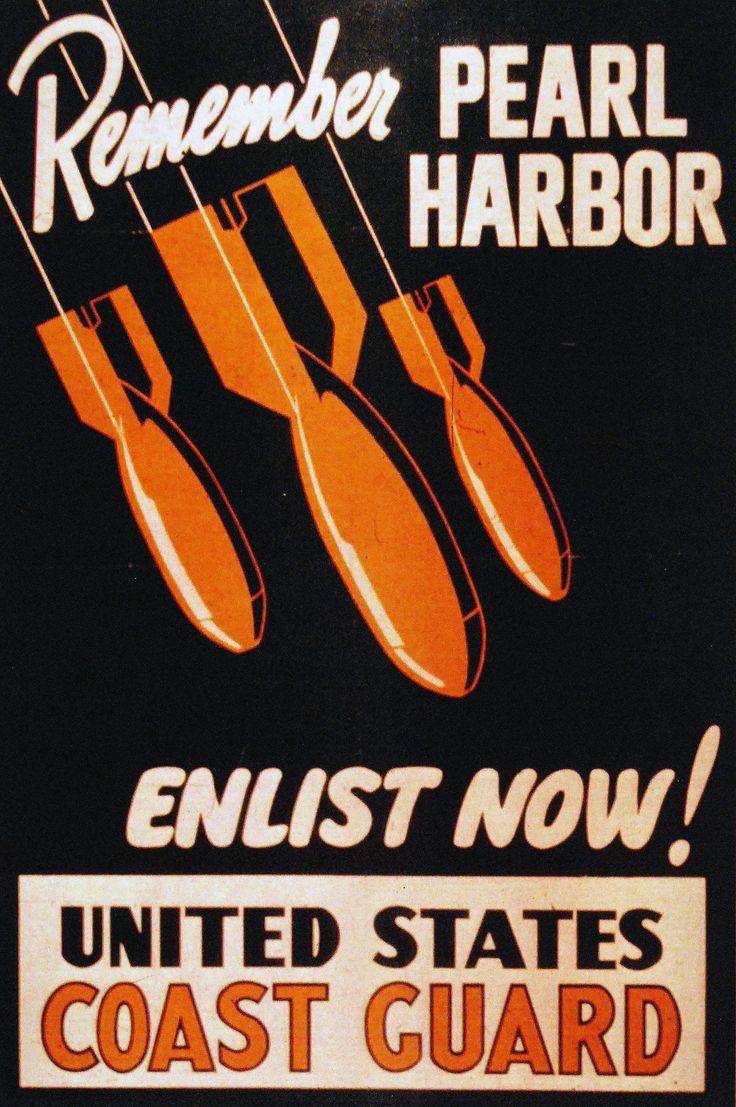
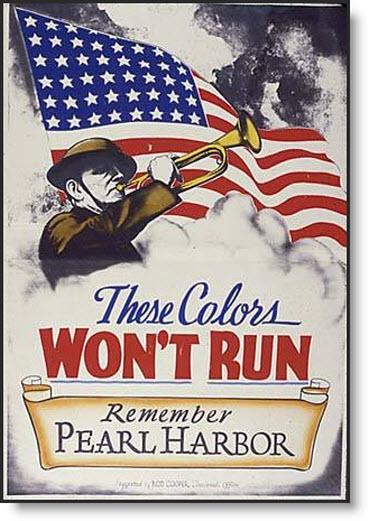
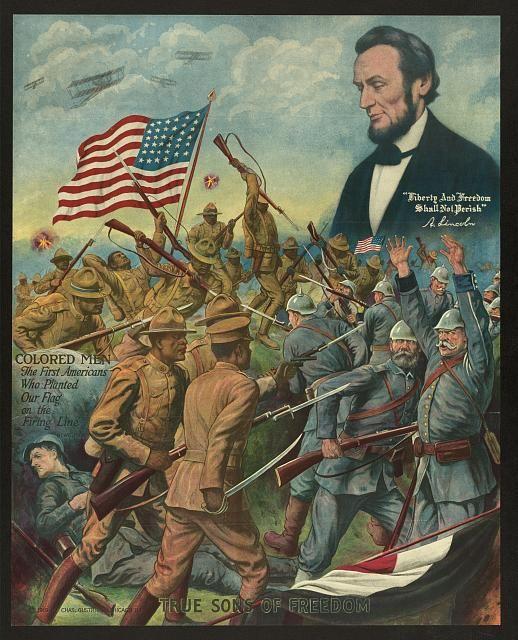
While Hollywood typically depicts the war from the perspective of battles and espionage (such as the Allied movie now in theaters), the students learned about the deep sacrifices people made back home.
Food was rationed or grown at home in victory gardens. Families who lost soldiers in the war were known as Gold Star Families. "I'm never going to see war as glamorized as it is in the movies," said student Ashley Tannert. Mount Mary students also supported the war effort in ways that ranged from prayer, to collecting books for soldiers, to giving up dances for teas and flower corsages for ones made out of war bonds. As the war came to an end they made clothing for refugees and dolls for the children in war-torn Europe.
In class, students discussed the bombing of Pearl Harbor in the larger context of the war in the Pacific and ultimately, the dropping of the atomic bomb on Hiroshima and Nagaski.
"They now see this event as a part of a whole, not an isolated incident," Bos said. Along the way, the students developed a deep sense of empathy for the suffering that happened here - and Germany and Japan, too.
"Through the lives of ordinary people you see how the war can distort someone's perception of reality," Bos said.
Molly Haugh presented an in-class paper on the POW campus in Alabama and was surprised to learn that German POWs preferred to stay in America rather than return to Germany. "While the Germans were the enemy, they were people," said Bos.
The students held Skype calls with a German nun in Regensburg, Germany, who talked about the lasting effects of the war that has carried forth to today.
Even though the war happened well before her birth, Sister Gabriela said it's still painful to be portrayed as the enemy. She recalled being kicked out of a restaurant while on vacation, simply based on her nationality.
"We take so many history classes and are never told about the war from the perspective of empathy," said Tannert, "You can spend years and years and never hear the full story.